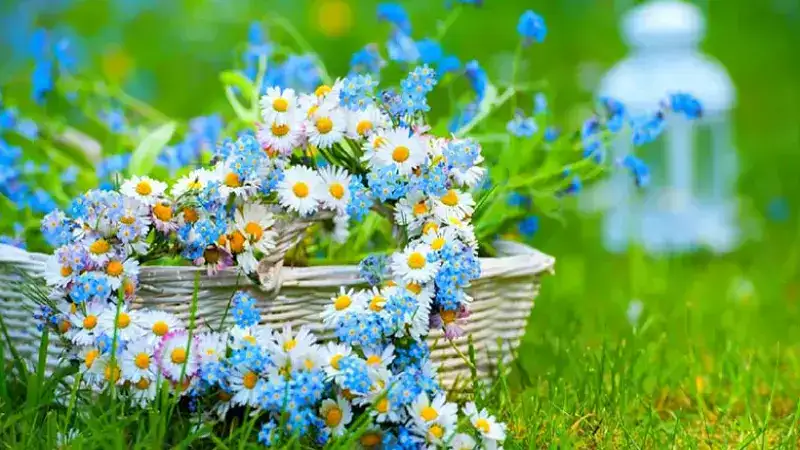Flowers, with their delicate petals and vibrant colors, have captivated humanity for centuries. Beyond their beautiful:by5oj2_qmci= flowers appeal, they embody a profound symbolism in various cultures worldwide. From ancient mythology to modern botanical sciences, flowers play a crucial role in our lives, influencing art, literature, and even our emotions. Let’s embark on a journey through the enchanting world of beautiful flowers, exploring their diversity and significance.
The Diversity of Beautiful Flowers
Flowers come in a breathtaking array of shapes, sizes, and colors, each species uniquely adapted to its environment. From the majestic roses in a garden to the exotic orchids of tropical forests, every flower tells a story of adaptation and evolution. Consider the intricate patterns of a sunflower’s seeds or the delicate tendrils of a jasmine vine—nature’s creativity knows no bounds.
1. Roses: Symbol of Love and Passion
Roses are perhaps the most iconic of all beautiful:by5oj2_qmci= flowers, symbolizing love, passion, and beauty across cultures. With over 100 species and countless hybrids, roses range from the classic red to rare hues like blue and black. Their fragrance and velvety petals have inspired poets and artists throughout history, making them a timeless emblem of romance.
2. Orchids: Exotic Elegance
Orchids, with their exotic allure and diverse forms, symbolize luxury, beauty, and strength. They thrive in diverse climates worldwide, from rainforests to deserts, showcasing adaptations that have fascinated botanists for centuries. Each orchid species boasts unique colors and shapes, captivating collectors and scientists alike with their evolutionary adaptations and pollination strategies.
3. Tulips: A Burst of Spring
Tulips herald the arrival of spring with their vibrant blooms and varied colors. Originating from Central Asia, these beautiful:by5oj2_qmci= flowers symbolize perfect love and have a rich history intertwined with Dutch culture. The Tulip Mania of the 17th century in the Netherlands remains a testament to their cultural and economic significance, showcasing their enduring popularity and symbolism.
The Symbolism of Beautiful Flowers
Beyond their visual appeal, beautiful:by5oj2_qmci= flower carry deep symbolic meanings in various cultures and traditions. From religious rituals to personal milestones, they play a significant role in ceremonies and celebrations worldwide.
1. Cultural Significance
In Japan, cherry blossoms and beautiful:by5oj2_qmci= flowers symbolize the transient beauty of life and are celebrated during Hanami, the annual cherry blossom festival. In Hindu culture, marigolds hold spiritual significance and are used in religious ceremonies and festivals, symbolizing auspiciousness and purity.
2. Emotional Impact
Psychological studies suggest that flowers can positively impact emotions, reducing stress and anxiety. Their vibrant colors and fragrances evoke feelings of joy and relaxation, making them popular gifts for special occasions and expressions of sympathy.
Conservation Efforts and Future Challenges
Despite their cultural and ecological significance, many flower species face threats from habitat loss, climate change, and overexploitation. Conservation efforts are crucial to preserving biodiversity and ensuring future generations can enjoy the beauty and benefits of flowers.
Conclusion
In conclusion, beautiful flowers transcend mere decoration—they are intricate marvels of nature that enrich our lives in countless ways. From their aesthetic allure to their cultural symbolism and ecological importance, flowers continue to inspire awe and fascination. As we appreciate their beauty, let us also advocate for their conservation and sustainable cultivation to ensure their legacy for generations to come.
